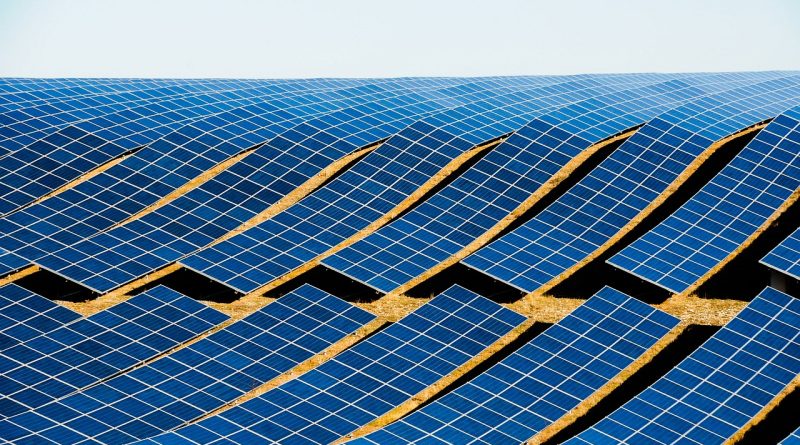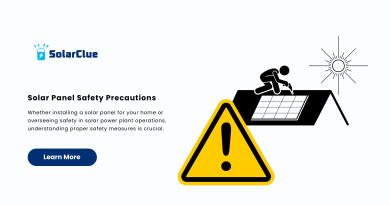Solar Panels Cost in 2024: Latest Pricing Trends
Table of Contents
How Much Do Solar Panels Cost (2024 Prices)?
Solar panels have become an increasingly popular choice among environmentally conscious homeowners and businesses looking to harness renewable energy. However, one of the major concerns when considering solar panels is their cost. It’s important to understand the affordability and long-term benefits of solar power. In this blog, we will delve into the current prices of solar panels in 2023 and explore the factors that influence these costs.
The Cost of Solar Panels
The cost of solar panels can vary significantly depending on several factors such as location, quality, and the size of the installation. On average, the cost per watt of solar panels ranges between $2.50 and $3.50. However, keep in mind that this is just a rough estimate and prices may fluctuate depending on individual circumstances.
Factors That Influence Solar Panel Costs
1. Location: The cost of solar panels may vary from one location to another due to factors such as regional supply and demand, local regulations, and the availability of solar incentives. Some states or countries offer attractive incentives that can significantly reduce the overall cost of solar panel installations.
2. Quality of Materials: The quality and durability of solar panels play a crucial role in determining their cost. High-quality panels with advanced technologies tend to be more expensive initially but may offer better efficiency and longer lifespans, resulting in greater returns on investment over time.
3. Size of the Installation: The size of the solar panel system also impacts the cost. Larger installations require more panels, mounting equipment, and electrical components, which can drive up the overall cost. Conversely, smaller systems designed to meet specific energy needs may cost less.
4. Installation Complexity: The complexity of the installation can affect the overall cost. Factors such as the type of roof, its condition, and any necessary structural modifications may increase the installation cost. Additionally, if the panels need to be installed on uneven terrain, the cost may further increase due to additional labor and materials required.
Incentives and Tax Credits
The availability of incentives and tax credits can significantly reduce the cost of solar panel installations. Many governments, at both the national and local levels, offer various programs to encourage the adoption of clean energy. These programs can include tax credits, grants, rebates, and low or zero-interest loans. It is crucial to research and leverage these incentives to make solar panels more affordable and financially attractive.
Return on Investment
While the upfront cost of solar panels may seem daunting, it’s essential to consider the long-term benefits and potential return on investment (ROI). Solar panels can generate substantial electricity savings over their 25 to 30-year lifespan, offsetting the initial cost. Additionally, as electricity prices continue to rise, the savings from solar power become even more significant.
Conclusion
Solar panels are an environmentally friendly and sustainable energy solution that can provide numerous benefits to homeowners and businesses. While the cost of solar panels in 2023 may vary depending on factors such as location, quality, size, and installation complexity, the long-term return on investment and potential savings make them an attractive option. It is crucial to research government incentives and tax credits to make solar panel installations even more affordable. By taking advantage of these opportunities, more people can join the clean energy revolution and enjoy the many benefits of solar power.
Frequently Asked Questions
SolarClue® considers factors like technology, efficiency, and brand to determine the cost of solar panels in 2024. We assist users in understanding these factors for accurate project cost estimation.
SolarClue® offers insights into the latest pricing trends of solar panels in 2024, considering market fluctuations and technological advancements that may impact the overall cost.
SolarClue® guides users in optimizing the cost-effectiveness of solar panel installations in 2024. We offer tips on selecting the right technology, brand, and system size to maximize the return on investment.
SolarClue® provides information on current market trends and price fluctuations of solar panels. We ensure users stay updated on the latest developments that may impact the installation cost in 2024.
SolarClue® offers insights into government incentives and subsidies for solar panel installations in 2024. We detail eligibility criteria, application processes, and recent updates to help users maximize financial support for their projects.
SolarClue® addresses concerns about hidden costs or challenges during solar panel installations. We offer guidance on preventive measures and tips, ensuring users are well-prepared for the entire process in 2024.
SolarClue® educates users on different financing options for solar panel installations in 2024. We cover upfront payments, loans, and leasing models, enabling users to choose the most suitable financial arrangement based on preferences and budget constraints.
SolarClue® stays informed about the latest technological advancements in solar panel systems. We incorporate information on innovative features and improvements that may impact the installation cost or efficiency in 2024.
SolarClue® assists users in estimating the return on investment (ROI) for their solar panel installations in 2024. We consider factors like electricity savings, maintenance costs, and overall financial benefits.
SolarClue® fosters a community where users share experiences with solar panel installations. We facilitate knowledge exchange, creating a collaborative platform for ongoing learning and insights.




